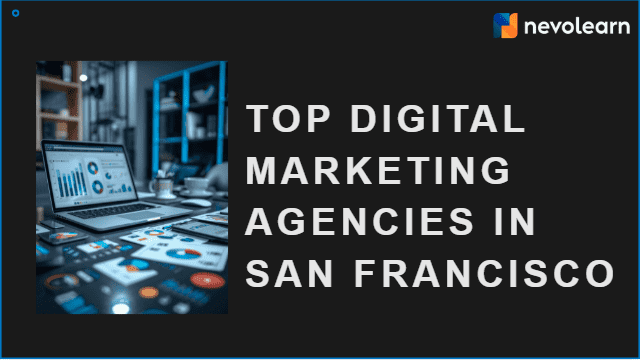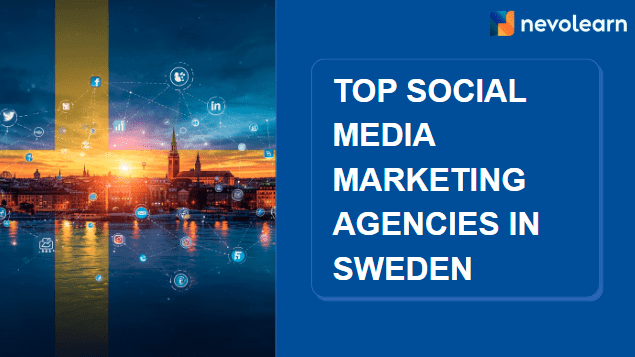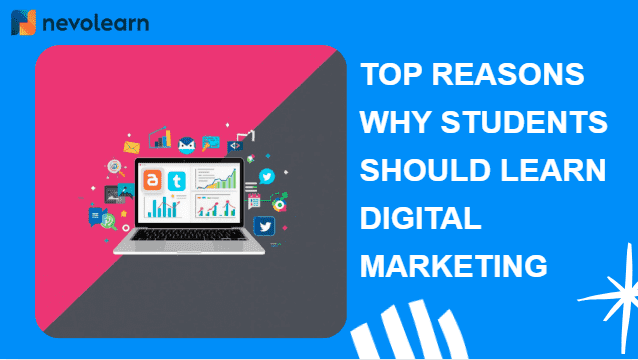
Up To 30% Off On All Courses*


 Salesforce Marketing Cloud vs Pardot | Which One Should You Learn?
Salesforce Marketing Cloud vs Pardot | Which One Should You Learn?In the ever-evolving world of digital marketing, the right tools can make or break a brand’s ability to connect with its audience. Businesses today are not just looking for solutions to send emails or track clicks—they’re searching for platforms that provide deeper insights, drive engagement, and nurture customer relationships across the entire lifecycle. Salesforce, one of the most dominant players in customer relationship management (CRM), offers multiple marketing solutions tailored to different business needs. Among these, Salesforce Marketing Cloud (SFMC) and Pardot (recently rebranded as Marketing Cloud Account Engagement) are two of the most widely discussed tools.
For professionals, students, and marketers looking to advance their careers, the question often arises: Should I learn Salesforce Marketing Cloud or Pardot? The answer depends on factors such as career goals, the types of businesses you aim to work with, and the skills you want to develop. While both platforms are part of the Salesforce ecosystem, they serve distinct purposes and cater to different kinds of marketing needs.
In this blog, we’ll explore the differences between Salesforce Marketing Cloud and Pardot, discuss the unique value of each, and provide guidance on which one might be the right choice for you to learn.
Salesforce Marketing Cloud: A Deep Dive
Salesforce Marketing Cloud is designed for B2C (business-to-consumer) marketing at scale. It enables brands to create personalized customer journeys across multiple channels like email, SMS, social media, mobile apps, and even offline touchpoints. With advanced features such as Journey Builder, marketers can orchestrate complex, automated campaigns that engage customers based on their behavior and preferences.
Another standout feature is Einstein AI, which powers predictive analytics, personalized recommendations, and advanced segmentation. Businesses can leverage these tools to deliver hyper-relevant content at the right time. SFMC also offers robust integration with Salesforce CRM, giving companies a 360-degree view of their customers.
For learners, Salesforce Marketing Cloud is highly valuable because of its versatility, enterprise-level adoption, and demand across industries. However, it’s also a complex tool that requires a steep learning curve, making it more suitable for those committed to mastering advanced marketing automation and data-driven campaign management.
Pardot: A Deep Dive
Pardot, on the other hand, is Salesforce’s solution tailored primarily for B2B (business-to-business) marketing. Unlike Marketing Cloud, which focuses on broad consumer engagement, Pardot excels in nurturing leads through longer, more deliberate sales cycles. It helps marketing and sales teams align by tracking prospects, scoring leads, and automating workflows that pass high-quality leads to sales representatives at the right time.
Key features of Pardot include lead scoring and grading, advanced drip campaigns, ROI reporting, and close alignment with Salesforce Sales Cloud. It allows B2B marketers to manage email campaigns, landing pages, and forms while also monitoring how prospects interact with these assets over time.
For learners, Pardot offers a more focused skill set geared toward companies with complex sales funnels and high-value client relationships. It is comparatively easier to learn than Salesforce Marketing Cloud and is particularly beneficial for professionals aiming to specialize in B2B demand generation and marketing-sales alignment.
Comparing Salesforce Marketing Cloud and Pardot
While both tools fall under the Salesforce umbrella, they cater to very different marketing approaches. Salesforce Marketing Cloud thrives in fast-moving, consumer-driven industries where personalization and multi-channel engagement are critical. It’s used by retailers, e-commerce companies, financial institutions, and travel brands looking to connect with millions of customers in real-time.
Pardot, by contrast, is built for businesses that have longer sales cycles and smaller target audiences. It focuses on nurturing prospects, building trust over time, and helping sales teams close deals. Industries like SaaS, manufacturing, consulting, and enterprise services often rely on Pardot to manage their marketing pipelines.
In short, SFMC is about broad consumer engagement, while Pardot is about lead nurturing and B2B relationship building.
Which One Should You Learn?
The decision to learn Salesforce Marketing Cloud or Pardot largely depends on your career goals:
- If you want to work in B2C industries where customer engagement, personalization, and large-scale campaign management are essential, then Salesforce Marketing Cloud is the right choice. It equips you with highly sought-after skills that enterprises value for customer retention and revenue growth.
- If you are more inclined toward B2B industries, where marketing efforts are focused on quality leads, sales alignment, and nurturing long-term relationships, then Pardot should be your go-to platform. It’s also a good entry point if you’re looking for a slightly less technical but still valuable Salesforce marketing specialization.
Ultimately, some professionals choose to learn both, as having expertise in both B2C and B2B marketing automation makes them versatile and highly marketable in today’s competitive job landscape.
Conclusion
Both Salesforce Marketing Cloud and Pardot are powerful tools, but they serve different purposes. Marketing Cloud is designed to handle massive consumer databases, delivering personalized experiences across multiple channels, while Pardot is built to nurture leads and strengthen the collaboration between marketing and sales in B2B environments.
For learners, the decision comes down to aligning your choice with your career path and target industry. If you’re drawn to working with large consumer brands and enterprise-level marketing operations, Salesforce Marketing Cloud offers unmatched opportunities. However, if you envision yourself working in industries where relationships matter more than mass engagement—such as SaaS, consulting, or manufacturing—then Pardot provides the specialized skills needed to excel.
In the end, there isn’t a single winner. Both tools open doors to rewarding careers in digital marketing, and the “best” one to learn depends on your goals. What’s clear, however, is that mastering either Salesforce Marketing Cloud or Pardot will position you as a valuable asset in a world where marketing automation is no longer optional but essential.
Enroll in Nevolearn’s Salesforce Marketing Cloud course and gain expertise in designing customer journeys.
Want to Level Up Your Skills?
EXPLORE BY CATEGORY
End Of List
No Blogs available Agile









